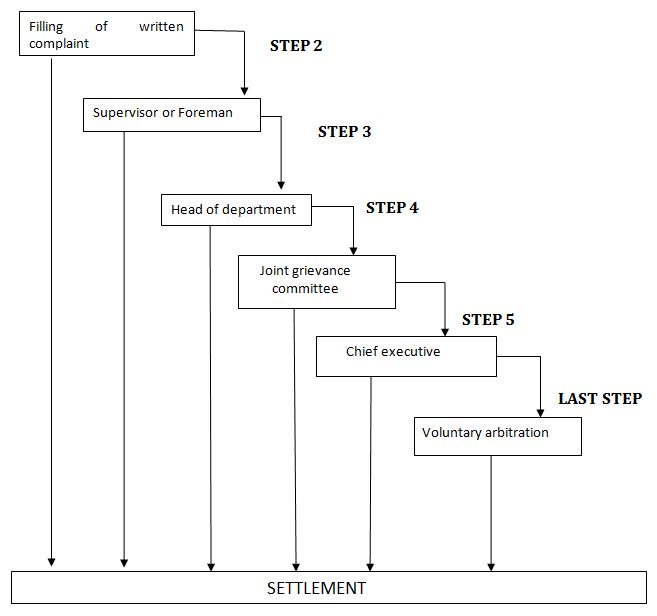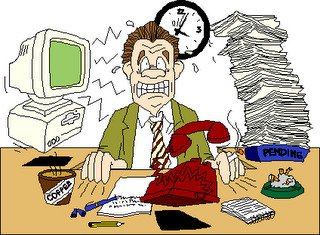Every employee has certain expectations which he thinks must be fulfilled by the organization he is working for. When the organization fails to do this, he develops a feeling of discontent or dissatisfaction. When an employee feels that something is unfair in the organization, he is said to have a grievance.
In the Industrial Relations language, Grievance is defined as anything which irritates or tends to make work conditions unsatisfactory and thereby harbors a discontent or dissatisfaction arising anything connected with the company that an employee thinks, believes or even feels, unfair, unjust. In this sense many of the controversial issues in Industrial Organizations may be said to arise as a result of incept or ill-advised handling or neglect of grievances which individually may appear trivial but collectively may become explosive.… Read the rest





